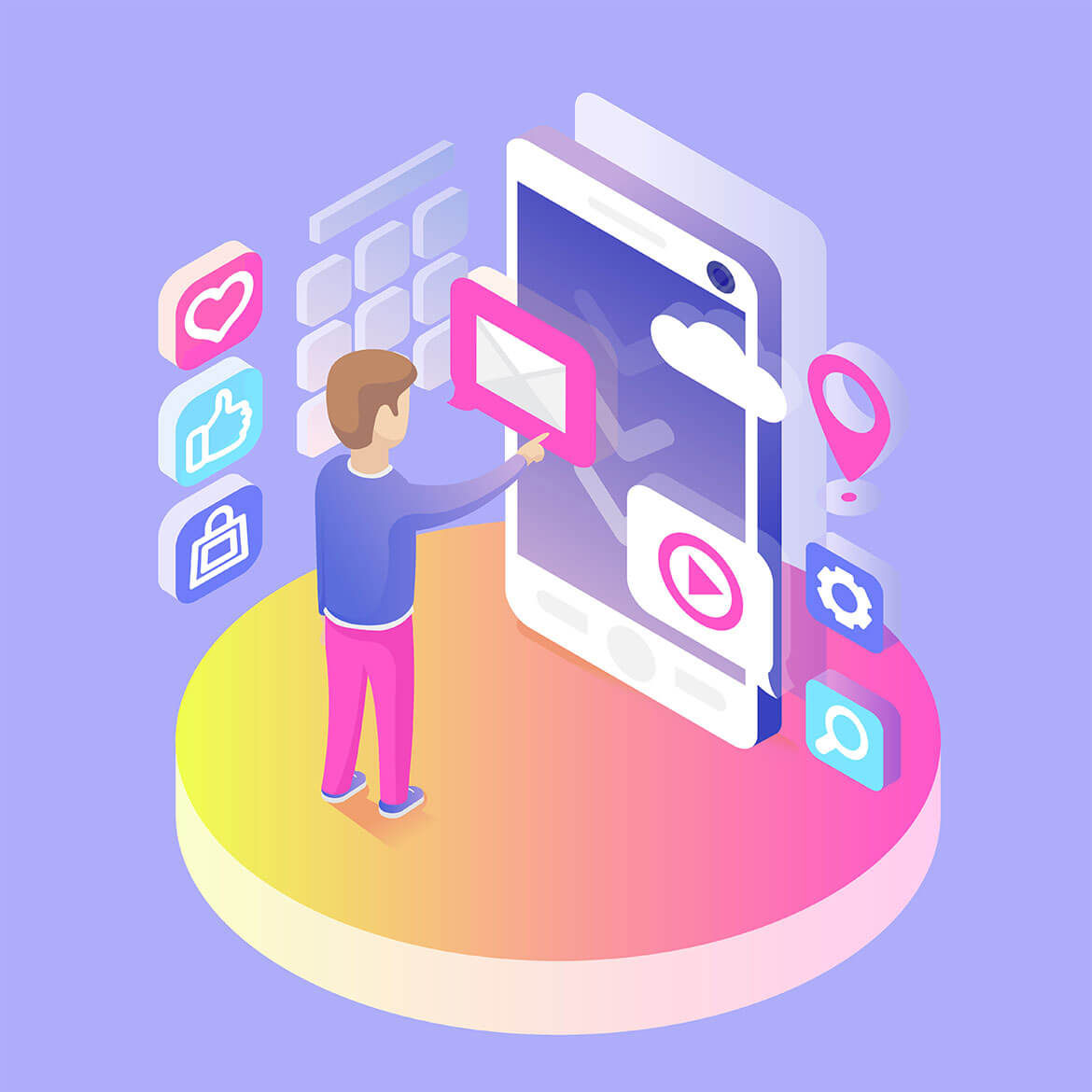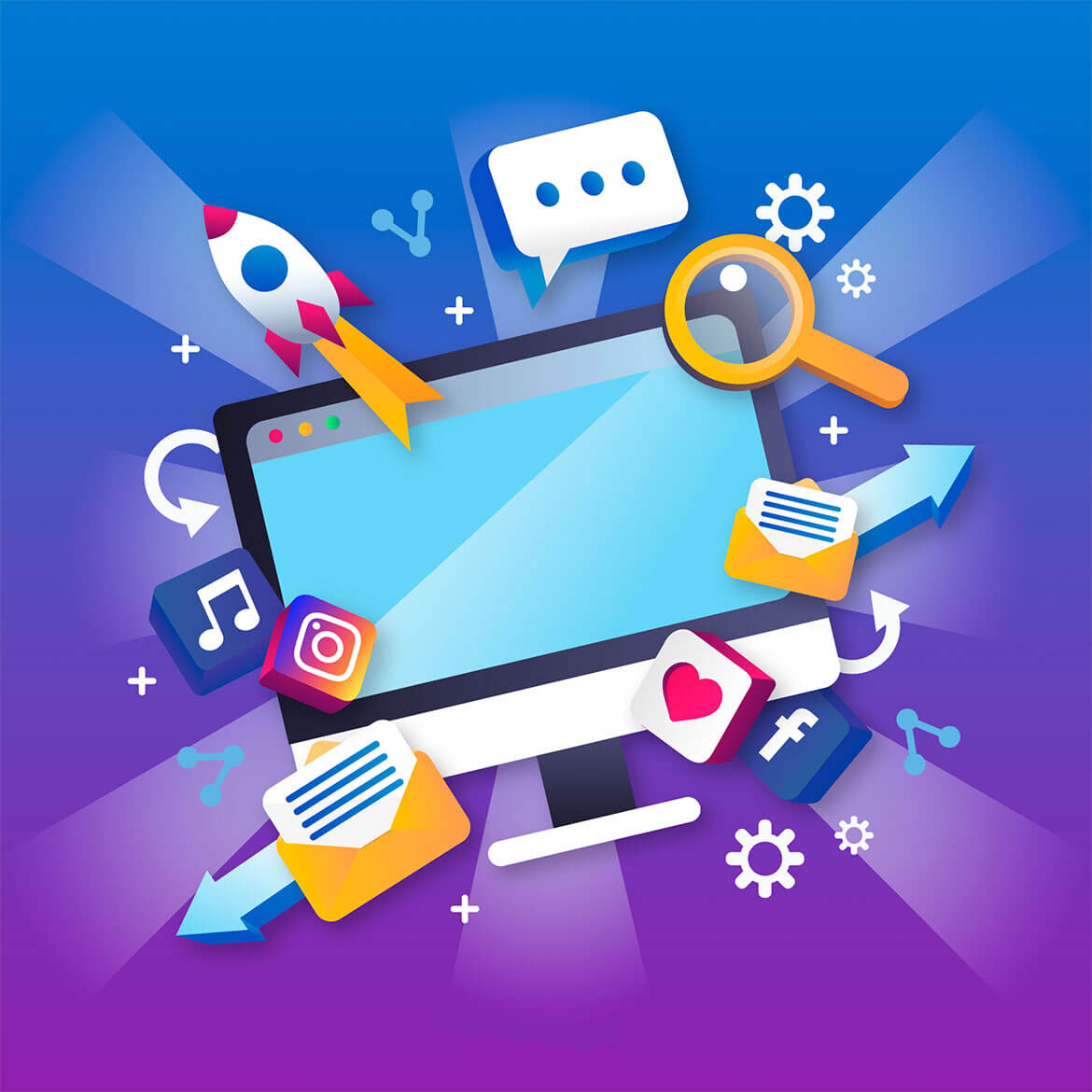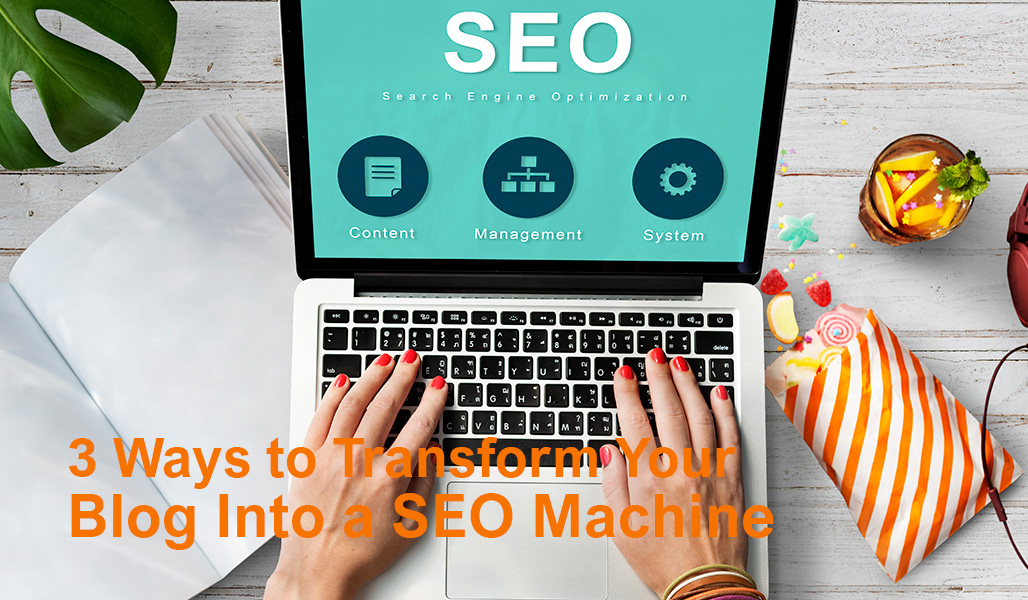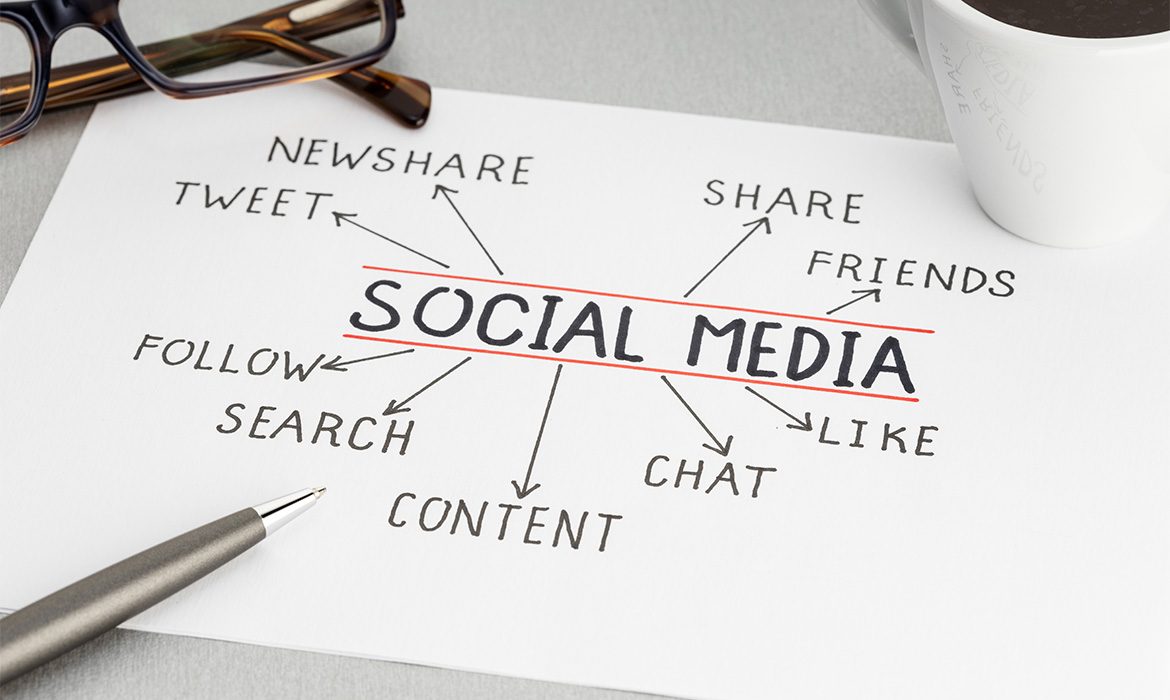Transform Your Blog Into a SEO Machine
3 Ways to Transform Your Blog Into a SEO Machine
If you run a blog, you know how important it is to rank well in search engine results pages (SERPs). Higher rankings mean more traffic, more readers, and potentially more revenue. To transform your blog into an SEO machine, you need to optimize it for search engines. Here are three ways to do it:
1. Conduct Keyword Research
Keyword research is the process of identifying the words and phrases your target audience uses to find information related to your blog’s topic. By using the right keywords, you can improve your blog’s visibility in search engines. There are many keyword research tools available online, some of which are free, while others are paid. Google Keyword Planner is a free tool that can help you find relevant keywords for your blog. You can also use tools like Ahrefs, SEMrush, or Moz to get more in-depth keyword data.
Once you have identified your target keywords, make sure to include them in your blog’s title, headers, meta descriptions, and throughout your content. But be careful not to overdo it – keyword stuffing can actually harm your blog’s SEO.
2. Optimize Your Content
Creating high-quality content is essential for any successful blog, but it’s not enough to just write good articles. You need to optimize your content for search engines as well. Here are some tips for doing that:
– Use descriptive and keyword-rich titles for your blog posts.
– Use header tags (H1, H2, H3) to structure your content and make it easier for search engines to understand.
– Include targeted keywords in your content, but don’t overdo it.
– Use internal linking to help search engines understand the structure of your blog and the relationships between your articles.
– Use alt tags for images to help search engines understand what your images are about.
– Make sure your blog is mobile-friendly, as Google considers mobile-friendliness an important ranking factor.
3. Build High-Quality Backlinks
Backlinks are links from other websites that point to your blog. They are important because they signal to search engines that your blog is a trustworthy and authoritative source of information. The more high-quality backlinks you have, the higher your blog will rank in search engine results pages.
To build high-quality backlinks, you need to create content that other websites want to link to. This can be anything from informative blog posts to infographics to original research. You can also reach out to other bloggers and website owners in your niche and ask them to link to your content.
Another way to build backlinks is to guest post on other blogs. By writing guest posts for other blogs in your niche, you can gain exposure to a new audience and earn backlinks to your own blog.
In conclusion, transforming your blog into an SEO machine takes time and effort, but it’s worth it. By conducting keyword research, optimizing your content, and building high-quality backlinks, you can improve your blog’s visibility in search engines and attract more readers to your content.
Want to know the one thing that every successful digital marketer does first to ensure they get the biggest return on their marketing budget? It’s simple: goal-setting. This is an absolutely essential practice for any digital marketer who knows how to execute their campaigns in a productive, cost-effective way. With a few. With a few simple tips, you can be doing the same in no time! In this blog, we’ll walk you through the first steps every savvy digital marketer takes to ensure that they’re on target to hit all their marketing objectives. Get ready for revenue!
Remember: even if the channel you’re considering is all the rage right now, it might not fit your brand. Always make informed decisions that directly relate to your company. Otherwise, your message won’t be delivered to its intended audience and you’ll have wasted time, effort and money.
Know Your Digital Goals
Remember: even if the channel you’re considering is all the rage right now, it might not fit your brand. Always make informed decisions that directly relate to your company. Otherwise, your message won’t be delivered to its intended audience and you’ll have wasted time, effort and money.


Get Specific
- Does the channel reach my intended audience?
- Is the channel sustainable and affordable within my company’s marketing budget?
- Will I be able to measure the success of the channel?
- Does the channel allow me to express my brand’s intended message?
- Do the channels I’m considering work together to convey my message?
Always Remember Your Goals!
Establishing a solid vision for your business is the first step to planning your digital marketing budget. Always keep your final goals in sight when organising anything for your company. When deciding which steps to take next in your business, ask yourself how they will help you achieve the goals you outlined in Step #1. This will ensure that you stay on track and prevent you from spending your budget on anything that won’t help you achieve.
Social Media Guideline for Small Business
Small Business’s Social Media Guideline
Many small or startup businesses in South Africa face challenges in building their business with few resources. As a startup or small business owners, there is a lot to achieve with limited resources. However, with the help from social media marketing, some companies have managed to up their sales all thanks to social media marketing. Traditional marketing drains resources whilst social media marketing is effective, low-cost and gives you a direct line to current and potential clients.
“Nowadays, more small businesses prefer social media marketing to other marketing channels, to help increase their brand’s reach, increase sales, and expand their professional network , ” says digital marketing specialist Kristina Cisnero. Adding to the same sentiments , digital and social media strategist Martin Waxman says that ,” having a Facebook, Instagram, or Twitter account keeps you tuned into your customer base and helps drive traffic to your website or brick-and-mortar store,”. However, it important as new business to choose a relevant marketing channel that offers the best results with the most prudent resources. Below are some of the tips on how small business owners can use social media to grow their business.
#1: Do Your Homework
Behind every exceptional social media, campaign is a great strategy. Social media is all about connecting with your potential customers on a genuine level. Achieving this, you need to define your audience by distinguishing their character, age sex, demography etc. After doing so, crystallize your message based on your audience research, what are the key problems or concerns you can address or solve? . Then find out which social networks they prefer because not all social media channels are created equally. Each platform has a different primary audience, focus and cadence. It is crucial to understand the differences so you expend your efforts on the right channels.
#2: Get Started, but Start Small
After defining your audience, you now know where to reach them and you have optimized your other marketing touch points. Social media takes a lot of time and energy, which are valuable resources. For starters, use two social media platforms. Martin Waxman says,” The best way to guarantee consistency is to incorporate social media into your daily routine,”. Repeat this for two to three times every day. Remember to use a timer to track your social activity time. In addition, your aim is to help your readers, so give them a tip they can use or share with others that helps them to solve a problem. When you post relevant information, people come to view you as an expert.
#3: Listen and Share
Social listening is an excellent approach to supervise/monitor what people are saying about your brand. Respond to comments, mentions and feedback even if they are derogative but remember to do it professional. Turn those negatives into positives. Good high quality content is the heart of social marketing. The content you post on social media platforms must be relevant and engaging to your audiences. Hermit Johns the media and marketing expert says,” to avoid getting bogged down, set up a process for organizing and aggregating quality content that provides value to your audience.”
#4: Create Your Daily Plan
“With a steady stream of content in the pipeline, you are primed to post and engage on social media,” says hermit. Create an action plan for daily social media activities and follow it accordingly. Also, join communities and groups to target specific demographics. Initiate and participate in more conversations by asking rhetoric questions and posting comments to updates by others. Continue to personalize your brand by welcoming new follower and thank them for following you. Also, be intentional about your social activities and remember that success is about strategy and tactics
#5: Boost Results with Social Advertising
If you want to promote and boost your social media performance, then you must explore paid advertising options. Facebook, Google offers a robust advertising solutions to help small business garner more sales, brand exposure, website traffic and audience engagement. If you are using twitter as your main platforms, you have two advertising solutions: promoted accounts and promoted accounts. Promoted accounts help increase the size of your twitter following and the content helps you cut through the noise and serve your contents to tailored audiences.
Some Final Thoughts
When using social media for your small business, the most vital thing to know is that social media is a marathon, not a sprint. Use this social media guide to start social marketing campaigns. Define your audience and choose the best platform to reach them. Do your research, integrate your social media icons and links, share your (and others’) content and keep track of how things are going. Follow those steps and you will be positioned for success
Remember: even if the channel you’re considering is all the rage right now, it might not fit your brand. Always make informed decisions that directly relate to your company. Otherwise, your message won’t be delivered to its intended audience and you’ll have wasted time, effort and money.
Benefit of Mobile App for Modern Businesses
10 Benefits of Mobile Apps for Modern Businesses: Why Your Business Needs an App
In today’s digital era, mobile apps have become an integral part of our daily lives. With the widespread use of smartphones, businesses are increasingly recognizing the importance of having a mobile app. In this article, we will explore the ten key benefits of mobile apps for modern businesses and delve into the significance of developing an app for your business.Enhanced Customer Engagement:
- A mobile app provides businesses with a direct and personalized channel to engage with their customers.
- Push notifications enable businesses to send targeted messages, promotions, and updates to app users in real-time, fostering continuous customer engagement.
- Having a mobile app allows your business to have a presence on customers’ smartphones, ensuring increased visibility and constant brand exposure.
- App icons serve as a reminder of your brand, helping to build recognition and recall among users.
Increased Brand Visibility and Recognition:
Improved Customer Experience:
- Mobile apps offer a user-friendly and intuitive interface, providing a seamless and enjoyable customer experience.
- App features like personalized recommendations, in-app purchases, and simplified checkout processes contribute to a smoother customer journey.
Accessibility and Convenience:
- Mobile apps allow customers to access your products or services anytime, anywhere, providing unparalleled convenience.
- With a few taps on their smartphones, customers can browse and purchase items, make reservations, and engage with your business effortlessly.
Competitive Advantage:
- In an increasingly competitive market, having a mobile app sets your business apart from competitors who may only have a website.
- An app demonstrates your commitment to embracing technology and delivering innovative solutions, giving you a competitive edge.
Increased Customer Loyalty and Retention:
- Mobile apps enable businesses to build stronger relationships with customers through personalized experiences and tailored offerings.
- Loyalty programs, exclusive discounts, and app-only rewards can incentivize customer loyalty and encourage repeat purchases.
Data Collection and Analysis:
- Mobile apps provide valuable insights into customer behavior and preferences, allowing businesses to collect and analyze data for targeted marketing campaigns.
- By understanding user preferences, businesses can deliver personalized content, promotions, and recommendations, fostering a deeper connection with customers.
Direct Marketing Channel:
- Mobile apps serve as a direct marketing channel, bypassing intermediaries like email or social media platforms.
- Businesses can leverage in-app notifications, banners, or pop-ups to deliver personalized messages, promotions, and offers directly to users.
Streamlined Operations and Efficiency:
- Mobile apps can integrate with existing business systems, streamlining operations and increasing efficiency.
- Features like appointment scheduling, order tracking, and customer support within the app reduce manual tasks and enhance productivity.
Increased Revenue and Sales:
- Mobile apps contribute to revenue generation through in-app purchases, subscription models, or ad placements.
- By providing a seamless and convenient purchasing experience, apps can boost sales and drive higher customer lifetime value.
Know Your Digital Goals
The first step is clearly identifying which goals you want to achieve. Get specific. Do you want to increase brand awareness? Are you all about locking in leads? Do you want to establish a strong network of influencers that can help you be discovered? How about pushing engagement on social media?


The Importance of Developing a Mobile App for Your Business: Developing a mobile app is no longer a luxury; it has become a necessity for businesses. In a mobile-first world, an app allows you to tap into the vast mobile user base, meet customers’ expectations, and stay ahead of the competition. By having a mobile app, you can:
- Meet Customer Expectations: Today’s customers expect convenience, personalization, and ease of use. An app enables you to provide these attributes, enhancing customer satisfaction.
- Build Brand Loyalty: A well-designed app with valuable features and a seamless experience cultivates brand loyalty, turning customers into brand advocates.
- Expand Customer Reach: With millions of smartphone users worldwide, a mobile app opens doors to a broader customer base and untapped markets.
- Gain Insights for Business Growth: Mobile apps provide valuable data and analytics that help you understand customer behavior, preferences, and trends. These insights empower informed decision-making and business growth.
- Future-Proof Your Business: Mobile usage is projected to continue rising, and apps will play a significant role in the digital landscape. Investing in an app now prepares your business for the future.
Conclusion: Mobile apps offer a myriad of benefits to modern businesses, including enhanced customer engagement, increased brand visibility, improved customer experience, and a competitive advantage. With the increasing reliance on smartphones and the demand for convenience, developing a mobile app has become crucial for businesses of all sizes. By embracing mobile technology and providing a seamless mobile experience, you can propel your business forward, boost customer loyalty, increase revenue, and stay ahead in the digital age.
Reshaped Leadership Team for Shop Buyout
Want to know the one thing that every successful digital marketer does first to ensure they get the biggest return on their marketing budget? It’s simple: goal-setting. This is an absolutely essential practice for any digital marketer who knows how to execute their campaigns in a productive, cost-effective way. With a few. With a few simple tips, you can be doing the same in no time! In this blog, we’ll walk you through the first steps every savvy digital marketer takes to ensure that they’re on target to hit all their marketing objectives. Get ready for revenue!
Remember: even if the channel you’re considering is all the rage right now, it might not fit your brand. Always make informed decisions that directly relate to your company. Otherwise, your message won’t be delivered to its intended audience and you’ll have wasted time, effort and money.
Know Your Digital Goals
The first step is clearly identifying which goals you want to achieve. Get specific. Do you want to increase brand awareness? Are you all about locking in leads? Do you want to establish a strong network of influencers that can help you be discovered? How about pushing engagement on social media?


Get Specific
A useful tool for narrowing down your goals to ensure they’re viable is the SMART mnemonic. It’s important to get specific to understand exactly what you’re working towards, and help you break down the process of hitting your targets. This is exactly what this mnemonic helps you to achieve.
- Does the channel reach my intended audience?
- Is the channel sustainable and affordable within my company’s marketing budget?
- Will I be able to measure the success of the channel?
- Does the channel allow me to express my brand’s intended message?
- Do the channels I’m considering work together to convey my message?

Always Remember Your Goals!
Establishing a solid vision for your business is the first step to planning your digital marketing budget. Always keep your final goals in sight when organising anything for your company. When deciding which steps to take next in your business, ask yourself how they will help you achieve the goals you outlined in Step #1. This will ensure that you stay on track and prevent you from spending your budget on anything that won’t help you achieve.
Cum et essent similique. Inani propriae menandri sed in. Pericula expetendis has no,
quo populo forensibus contentiones et, nibh error in per.Denis Robinson
As your budget progresses and evolves, continue referring to your SMART objectives. Stay focused and remember your goals – they will always inform what your next step will be!
What is Digital Marketing ?
What is Digital Marketing?
If marketing creates and satisfies demand, digital marketing drives the creation of demand using the power of the Internet, and satisfies this demand in new and innovative ways. With the world, become more web- centric, digital marketing is now pivotal to business’s success in today’s technological era. Promoting brands, product, services has now become easy or table stakes.
However to understand digital marketing you must first know what marketing is. A simple definition for marketing is that it is the creation and satisfaction of demand for your product or service. If all goes well, this demand should convert into sales and, ultimately, profits. Marketing has always been about connecting with your audience in the right place and at the right time.
Dr Philip Kotler defines marketing as “the science and art of exploring, creating, and delivering value to satisfy the needs of a target market at a profit,” he says. He further says, “Marketing identifies unfulfilled needs and desires. It defines, measures and quantifies the size of the identified market and the profit potential” (Kotler, 2012).
In order to motivate and persuade people to buy your products or services, or to consider your organisation superior / better to your competitors, you need first create meaningful value and benefits for the consumer. The value that any marketer should seek and thrive is to create, foster equal to or even greater than the costs of the product to the consumer. Doing this consistently and often, enough will grow trust in and loyalty towards the brand.
However, enough with marketing this topic seeks to address about digital marketing. Digital marketing is sometimes referred to inbound marketing but digital marketing is an umbrella term for all of your online /internet marketing efforts. Nowadays organizations are taking advantage of digital channels such as Google, Yahoo search engines, email, social media and their websites to connect with their current and prospective customers.
If marketing satisfies and creates demand, digital marketing drives the creation of the demand using the power of the internet and satisfies this demand in new and inventive ways. The internet is a very interactive medium, it allows exchange of information and currency but more than it allows for the exchange of value.
A company on the Internet can increase value in the form of attention, advocacy and time from the consumer. For the user, value can be added in the form of enlightenment, entertainment, utility; content marketing is one powerful and influential ways to create value.
The reciprocity of the transaction is what is crucial here – in other words, the exchange is a two-way system that provides benefits to both parties at the same time. The internet has changed the world in which we market, sell and advertise. Though it is not a new marketing channel or platform, instead it has created a new paradigm for the way in which consumers have the ability to connect and have a relationship with the brand or product. The complete scale of marketing is practiced on the Internet – services and products are promoted, positioned, purchased serviced and distributed. The web provides consumers with the power of choice and influence.
Brands have new ways of selling products, services and new markets to which they can sell. The roles played by marketing agencies are changing and shifting too. Most traditional agencies are now even using digital marketing, while agencies that started out as digital shops are starting to play in the traditional advertising space.
More than ever, integrated and incorporated strategies that speak to an overall brand identity are important in achieving an organisation’s goals.
Consumers are becoming increasingly more fluent in their movement across varies channels and in their use of numerous of channels at once. Consumers expect the same brands or companies, which they connect. So anyone still thinking in the old ‘traditional versus digital’ dichotomy is sorely out of date.
However, marketing or advertising on the Internet does not mean totally dismiss the rulebook on marketing and business principles. Instead, the internet provides a new situation in which to build on these. Profit will always be revenue less cost. The Internet does not change that.
Brands build loyalty among customers who love their services or products. Consumers fall in love with services and products when their experience and understanding is tailored to their needs and not the needs of the brand. More than any other type of digital marketing and marketing is measurable. This gives brands the opportunity to build optimized brand, tailored experiences for consumers.
In our next segment, we will be discussing about the facets of digital marketing and these consist of search engine optimization (SEO), pay-per-click advertising (PPC), conversion rate optimization and social media marketing. All these facets are aimed at capturing customer’s attention and turn potential leads into loyal buyers.







